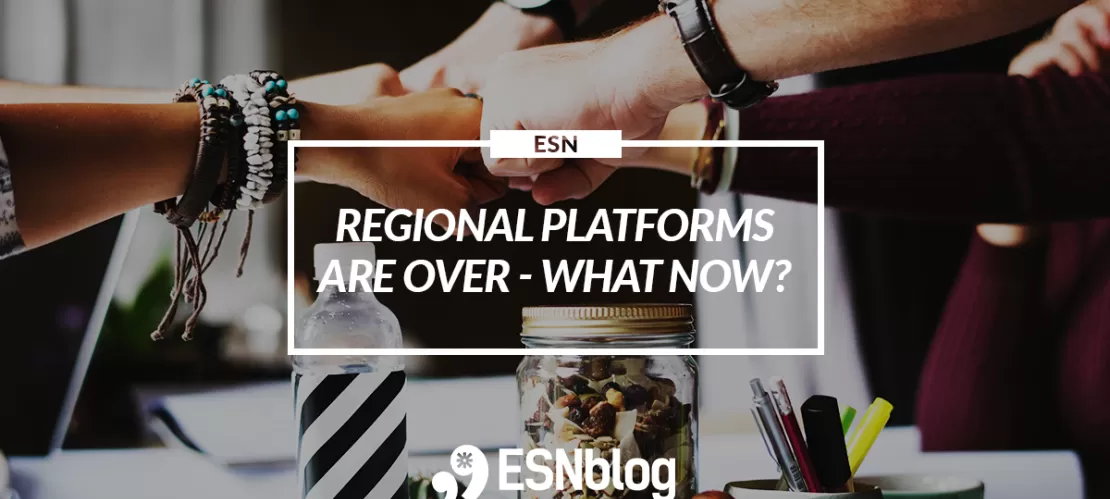
I remember attending my first Regional Platform with a smile on my face. It was the Western European Platform in Utrecht a few years back, and simply thinking about the experience fills me with excitement and so many warm memories - it will always remain one of the greatest ESN events I have ever attended during #myESNcareer. I had already been active on the local level for quite some time, but this event opened a whole new world for me that weekend. I attended my first workshop on public speaking, learned a lot about ExchangeAbility, and had a chance to meet other ESNers from the region, as well as the International Board, for the first time - I was quite nervous!
I have developed so much since then. I graduated and most of my research was connected to the knowledge I have gained through non-formal education. I learned how to write position and reaction papers and I’ve used this newly gained skill many times now. I was very nervous during my first public speaking workshop, whereas now I am used to it; I have researched the topic thoroughly and reached a point where I am able to hold the workshop myself. I could continue this list for a few more pages since attending an RP feeds the fire we already have within us.
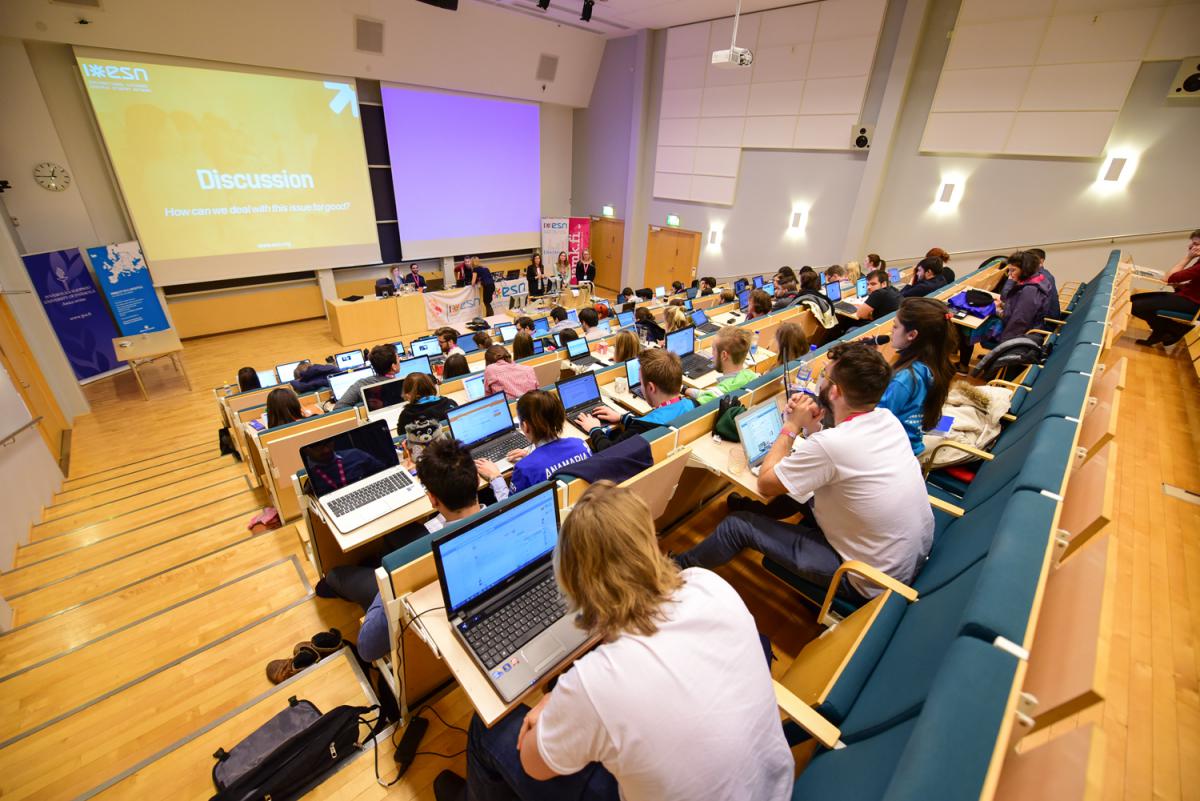
Now, several years later, I’ve had the great privilege of attending the Northern European Platform in Tartu, Estonia, this time as a representative of the International Committee for Education, where I had a chance to share knowledge and experience with the participants, and facilitate three workshops.
I was introducing the concept of Quality Mobility to ESNers so that they could become aware of all the ways we, as a network, have a direct impact on mobility. This way, our sections don’t just understand the needs of their HEI and students better, they also learn how to see issues from the perspective of a stakeholder, and therefore better understand how to cooperate with them on the Local Level. Now they know all about ECHE and the ESC, and with that knowledge they can start a discussion on a higher level with all the relevant parties.
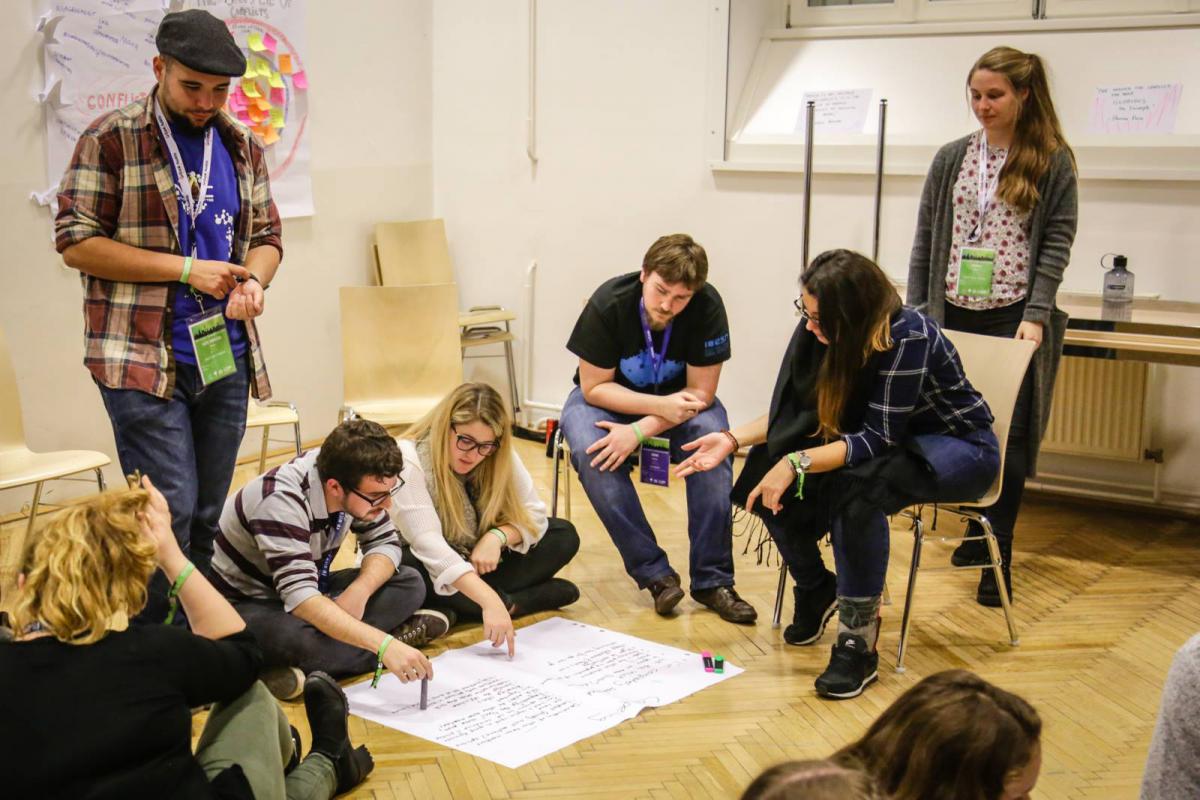
My second workshop was in cooperation with Eduk8, introducing advocacy to our members, in order to show them how to identify stakeholders and the importance of a professional approach. With this advocacy 101, we moved towards a more professional public affairs attitude. The participants learned how to approach stakeholders, how to make decisions and how to create an individual approach for each stakeholder. Now they will start conducting research in their section, list identified stakeholders and start sustainable advocacy work by approaching each one of them individually.
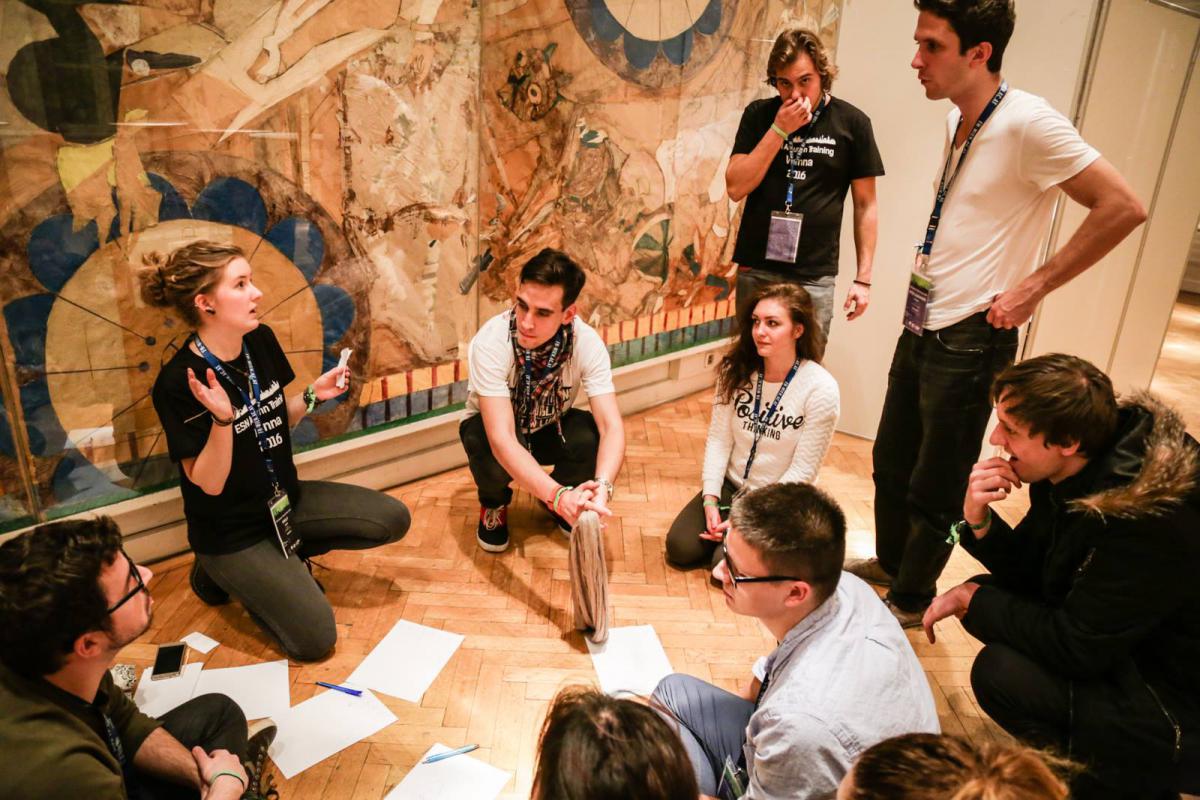
Finally, ESN on your CV - since recognition of volunteering is an issue, every volunteer needs to understand how many different and useful skills we gain and how we can translate these and add them to our CV. It’s always fascinating for me to see the moment an ESNer realises how many different skills they actually gain during their volunteering and that those skills, which we see as normal, are actually important to their future employer. How many recent graduates are used to handling the budget of an independent NGO or organising trips for 300 international students? Now they know that these skills can be added to their CV as financial or event management.
What does this mean for you and how can you use the knowledge you’ve gained?
We, as volunteers of the Erasmus Student Network, have a great chance to participate in a variety of events during which we learn new skills and share them with each other, no matter whether it’s a National Platform or a regional one, or maybe even a chance to participate in our own training project, Eduk8.
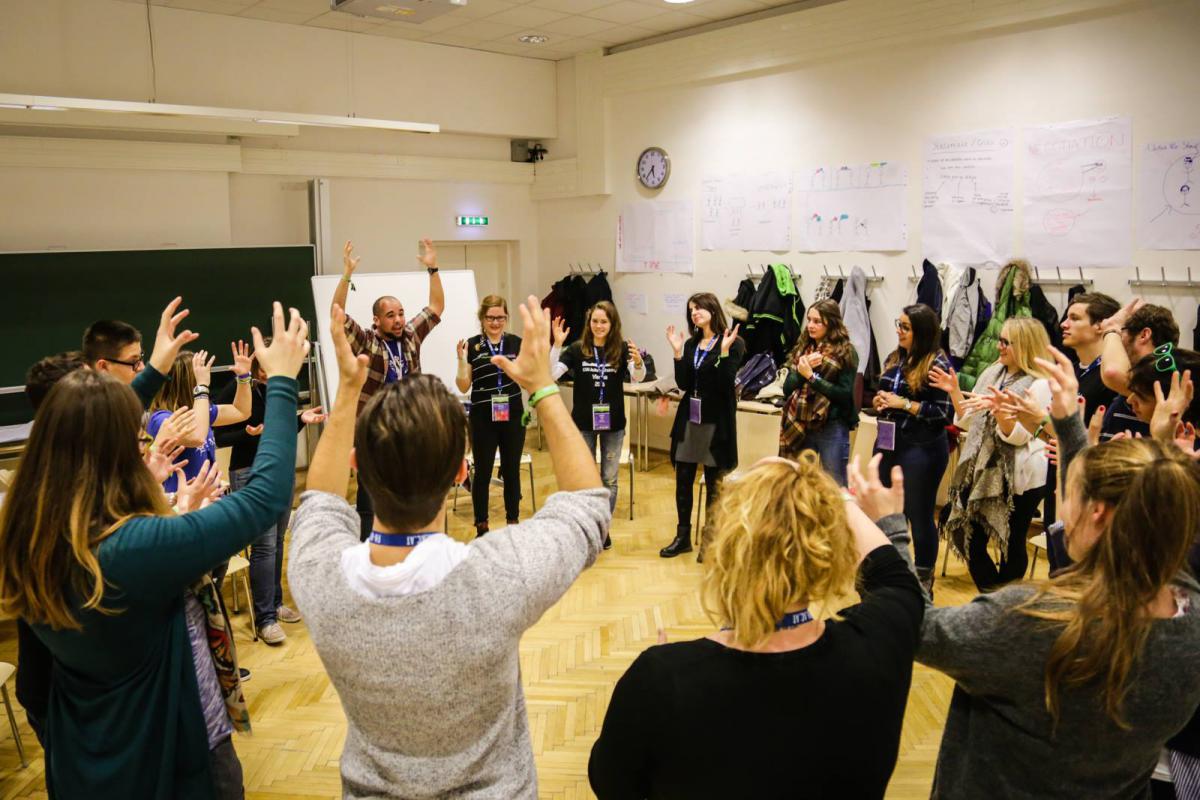
Thanks to all these years of activity, I have had a chance to attend Platforms and I have even joined one of our Committees. I also gained a very deep and greater understanding of the subject I was studying, I gained practical experience and learned so much about topics I would have otherwise never looked into. And those skills, even if I didn't have them recognised properly, helped me find my first job after graduation. As I work mostly for NGO’s, they recognise the value of informal and non-formal education.
If you have the chance, no matter which Platform you join - Local, National or Regional - please do it. You will go back home to your section with new skills, knowledge and more motivation, as well as a newly found excitement and a will to achieve bigger and greater things. Once you come back you will be tired, for sure, but after a few days of rest you will be ready to show your fellow members everything you brought home with you and your ideas on how to improve your section. Take some time and a piece of paper and write down everything you saw, heard, learned and found interesting so you don’t forget it. Feel free to contact other members you have met and ask them to clear some things up for you, in case you need more information about the topics you discussed with them. Have your own private brainstorming session and think of all the ways your section can benefit from your experience. Then, sit down with your Local Board, discuss your ideas, as well as everything you have learned and how you can share that knowledge with the rest of the members - do a team building exercise, have a few small extra sessions during your regular meetings and share your experience!
You will learn so much, network, meet new people you will see around for the rest of your ESN career and you will, if you don't already, feel what we call the ESN spirit.
Written by Benjamin Helm
